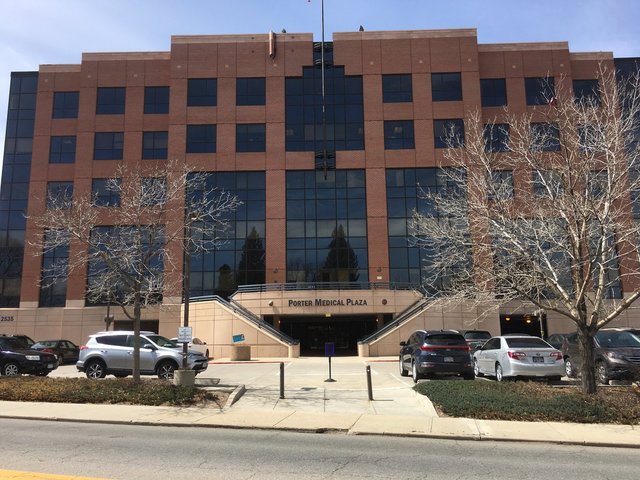By John Ingold
Officials at Porter Adventist Hospital first learned of possible trouble with its processes for cleaning surgical instruments as early as last April, when a doctor in the middle of a spine operation found a bone fragment from a previous surgery stuck to a tool waiting on a nearby tray, hospital officials said Thursday.
It wasn’t until a year later, though, that the hospital began notifying thousands of patients who underwent certain surgeries there of an infection risk related to its sterilization procedures. The notification also came two months after inspectors from a national hospital accreditation organization warned Porter officials in February of flaws in the cleaning process.

